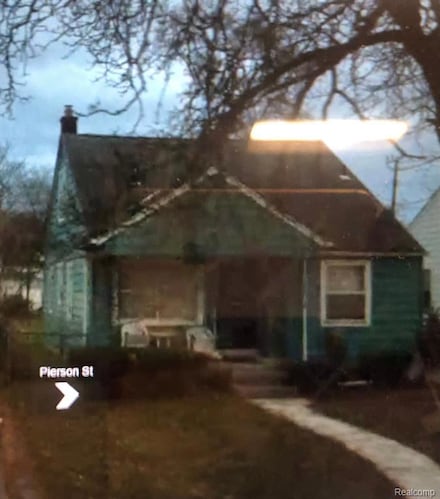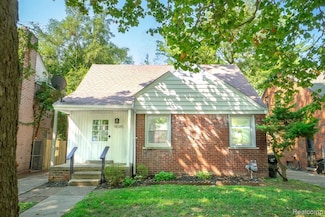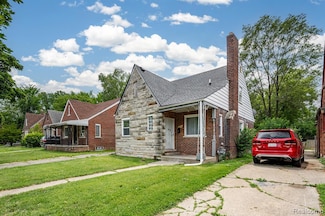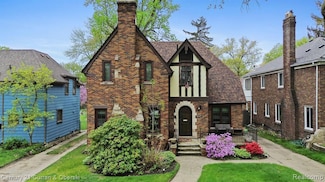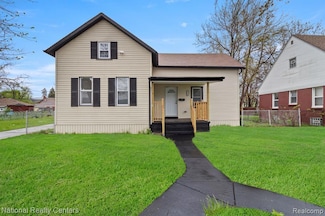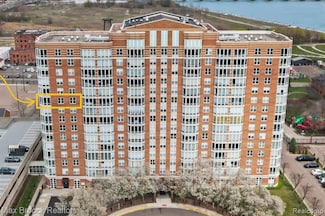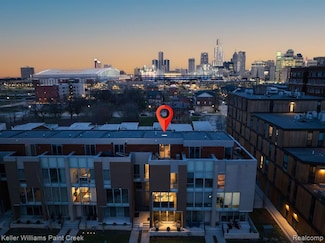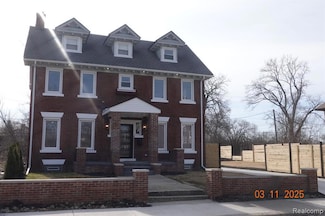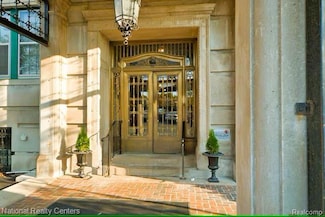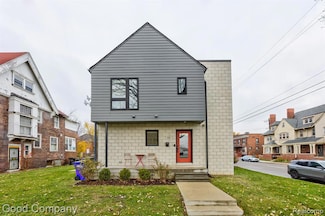Detroit's cultural landscape features the renowned Detroit Institute of Arts, housing an encyclopedic collection, and the historic Motown Museum where legendary artists recorded timeless hits. The 982-acre Belle Isle Park includes the Anna Scripps Whitcomb Conservatory and aquarium, while the Henry Ford Museum showcases American innovation through iconic artifacts. The food scene has evolved with standout restaurants like Selden Standard, known for New American cuisine from locally sourced ingredients, and Marrow, an upscale bistro focusing on ethically sourced meats.
The housing market presents diverse options across distinct neighborhoods. Indian Village commands the highest median single family home price at $500,000, while Palmer Woods follows at $754,000. More moderate options exist in Rosedale Park, where the median single family home price is $237,000. Citywide, the median sale price sits at $92,000, with median townhome prices at $412,500. One-bedroom condos have a median price of $149,900, while two-bedroom condos reach $264,900.
Detroit's cost of living measures 2.9% above the national average. A married couple with children needs approximately $109,000 annually to live comfortably, while renters should aim for $58,000. The property tax rate in Wayne County is 1.64%, slightly higher than nearby Ann Arbor at 1.56%. Michigan maintains a 4.25% state income tax rate, with Detroit residents paying an additional 2.4% local income tax.
The city maintains strong educational options, including University Liggett School and Detroit Waldorf School, both highly rated private institutions. Wayne State University and the University of Detroit Mercy provide higher education opportunities. Public transportation includes the DDOT bus system and the QLine streetcar along Woodward Avenue. The city experiences four distinct seasons, with summer highs reaching the low 80s Fahrenheit and regular snowfall during winter months.











